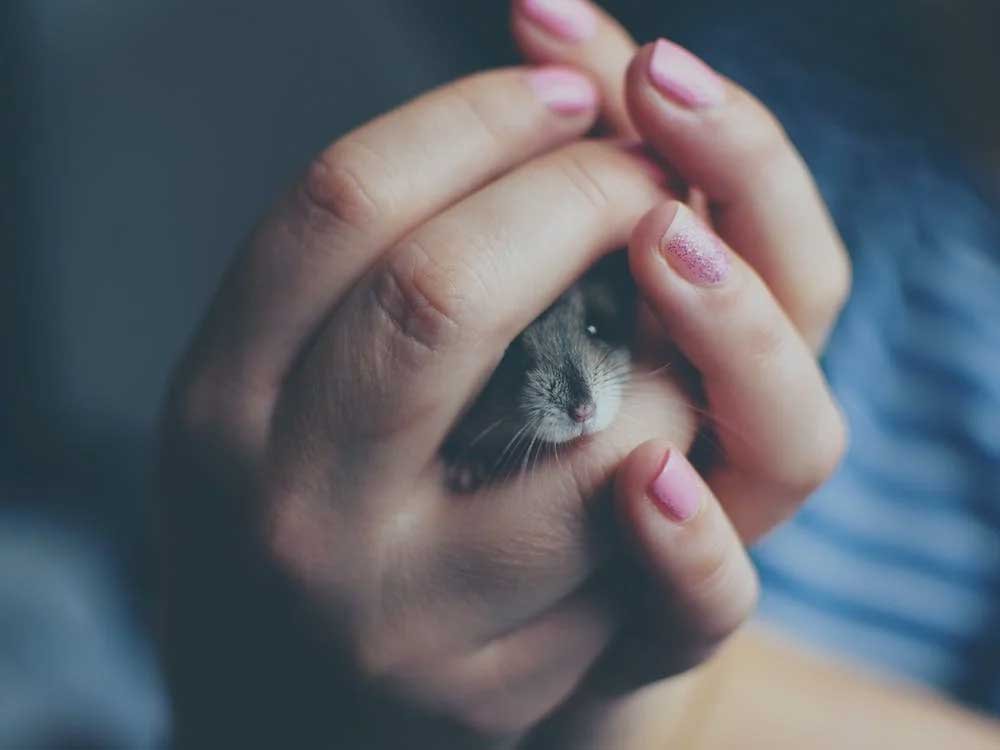If you’re a first-time pet owner, it’s natural to feel overwhelmed by all the options. However, with so many options available, it can be overwhelming for first-time pet owners to decide which pet is the perfect fit for their lifestyle.
In this article, we will explore the factors to consider when choosing the perfect pet, ensuring a harmonious and fulfilling relationship for both you and your new furry friend.
Factors To Consider When Choosing Pet
1. Consider Your Lifestyle
One of the first things to consider when choosing a pet is your lifestyle. Are you an active individual who enjoys spending time outdoors? Or do you prefer a more relaxed and low-maintenance lifestyle? Understanding your own preferences and daily routines will help you determine which type of pet will be the best match.
If you lead an active lifestyle, a dog may be the perfect companion. Dogs require regular exercise and thrive on human interaction. They can join you on walks, hikes, and even accompany you on outdoor adventures. On the other hand, if you have a busy schedule or limited space, a cat or a smaller pet, such as a hamster or a fish, may be more suitable.
2. Consider Your Living Situation
Your living situation is another crucial factor to consider when choosing a pet. If you live in an apartment with limited space, a smaller pet like a cat or a small dog may be a better fit. These pets can adapt well to indoor living and require less space to roam.
However, if you have a larger home with a backyard, you may have more flexibility in your choice of pet. Dogs, especially larger breeds, often require more space to run and play. Additionally, if you have allergies, you may want to consider hypoallergenic breeds or pets that produce fewer allergens, such as reptiles or fish.
3. Consider Your Commitment Level
Owning a pet is a long-term commitment, so it’s important to consider your level of commitment before making a decision. Some pets require more time, attention, and care than others.
It’s important to choose a pet that matches your level of commitment and willingness to provide the necessary care and attention. Consider your work schedule, travel plans, and ability to meet the physical and emotional needs of your chosen pet.
4. Consider Your Budget
Another important aspect to consider when choosing a pet is your budget. Pets come with various expenses, including food, veterinary care, grooming, and supplies.
It’s essential to research and plan for the financial responsibilities associated with owning a pet. Consider the potential costs and ensure that you can provide the necessary care within your budget.
5. Consider Adoption
Finally, consider adopting a pet from a local animal shelter or rescue organization. There are countless pets in need of loving homes, and adoption can be a rewarding experience.
When adopting, you have the opportunity to save a life and provide a second chance to a deserving animal. Additionally, many shelters and rescue organizations offer guidance and support to help you find the perfect pet for your family.
Popular Pets for First-Time Owners
Some of the most popular pets for first-time owners include:

- Dogs: Dogs are loyal and loving companions. They come in a wide variety of sizes, breeds, and personalities. However, dogs require a lot of time and attention. They need to be walked, played with, and trained.

- Cats: Cats are independent and low-maintenance. They are also very clean and relatively easy to care for. However, cats can be aloof and may not be as affectionate as dogs.

- Fish: Fish are a good option for people who want a low-maintenance pet. They are also relatively inexpensive to care for. However, fish can be sensitive to changes in their environment, so it’s important to do your research before setting up a tank.

- Birds: Birds can be very intelligent and entertaining pets. They can also be quite vocal, so it’s important to make sure you have the space for a cage.

- Hamsters: Hamsters are small and relatively inexpensive to care for. They are also very active and playful. However, hamsters are nocturnal, so they may not be the best pet for people who want an interactive companion.
No matter what type of pet you choose, it’s important to do your research and make sure you’re prepared to provide them with the care they need.
Here are some tips for responsible pet ownership:
- Provide your pet with a safe and comfortable home.
- Feed your pet a healthy diet.
- Take your pet to the veterinarian for regular checkups.
- Socialize your pet.
- Train your pet.
- Provide your pet with plenty of exercise.
With a little planning and effort, you can make sure that your new pet has a happy and healthy life.
Conclusion:
Bringing a pet into your life is a wonderful experience. Choosing the perfect pet is an important decision that requires careful consideration. By considering your lifestyle, living situation, commitment level, budget, and the option of adoption, you can find the ideal pet that will bring joy and companionship into your life for years to come.
Remember, owning a pet is a long-term commitment, so be sure to choose a pet that you can provide the love, care, and attention it needs. With the right pet by your side, you’ll create a lifelong bond and enrich both of your lives.
FAQS(Frequently Asked Questions)
How do I decide on the right pet for me?
Consider your lifestyle, living situation, and preferences. Research different breeds or species to find a good match for your personality and daily routine.
Should I adopt or buy a pet?
Both options have their merits. Adoption from shelters helps pets in need, while responsible breeding ensures certain traits. Consider your preferences and ethical considerations.
What factors should I consider when choosing a pet breed?
Size, energy level, grooming needs, and temperament are essential factors. Research breeds or species to find one that aligns with your living situation and preferences.
How much time and attention does a pet require?
Different pets have varying needs. Consider your daily schedule and commitment level before choosing a pet. Some pets need more social interaction and exercise than others.
What are the costs associated with pet ownership?
Costs include food, veterinary care, grooming, and supplies. It’s essential to budget for both routine and unexpected expenses to ensure you can provide proper care.
How can I prepare my home for a new pet?
Pet-proof your living space by removing hazards, securing toxic substances, and creating a designated area for your pet. Invest in necessary supplies before bringing your new friend home.
What vaccinations and preventive care does my pet need?
Consult with a veterinarian to establish a vaccination schedule and discuss preventive care measures like spaying/neutering, parasite control, and dental care.
How do I introduce a new pet to my family and home?
Gradual introductions are key. Allow your new pet time to acclimate to their new environment and family members, ensuring a smooth transition.


